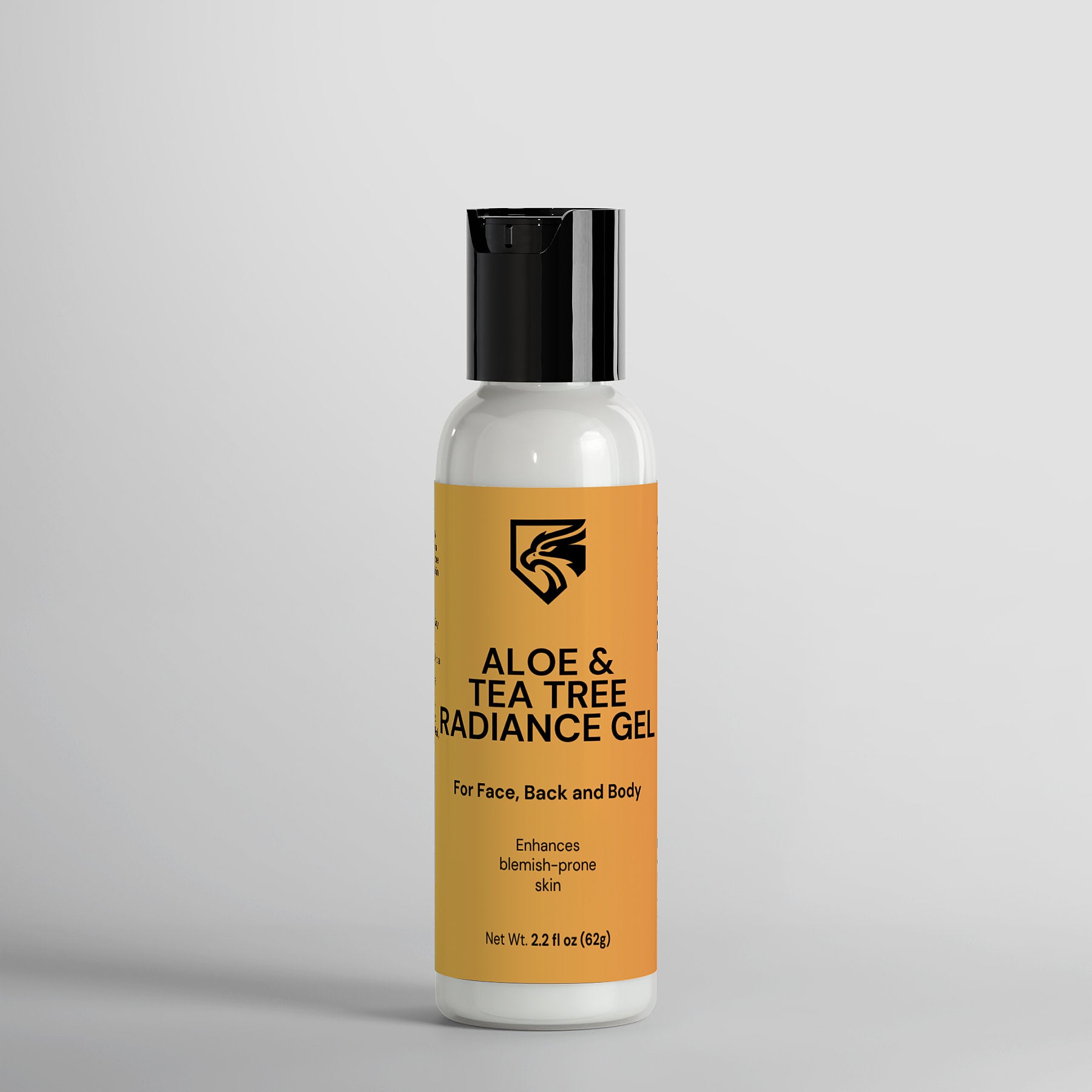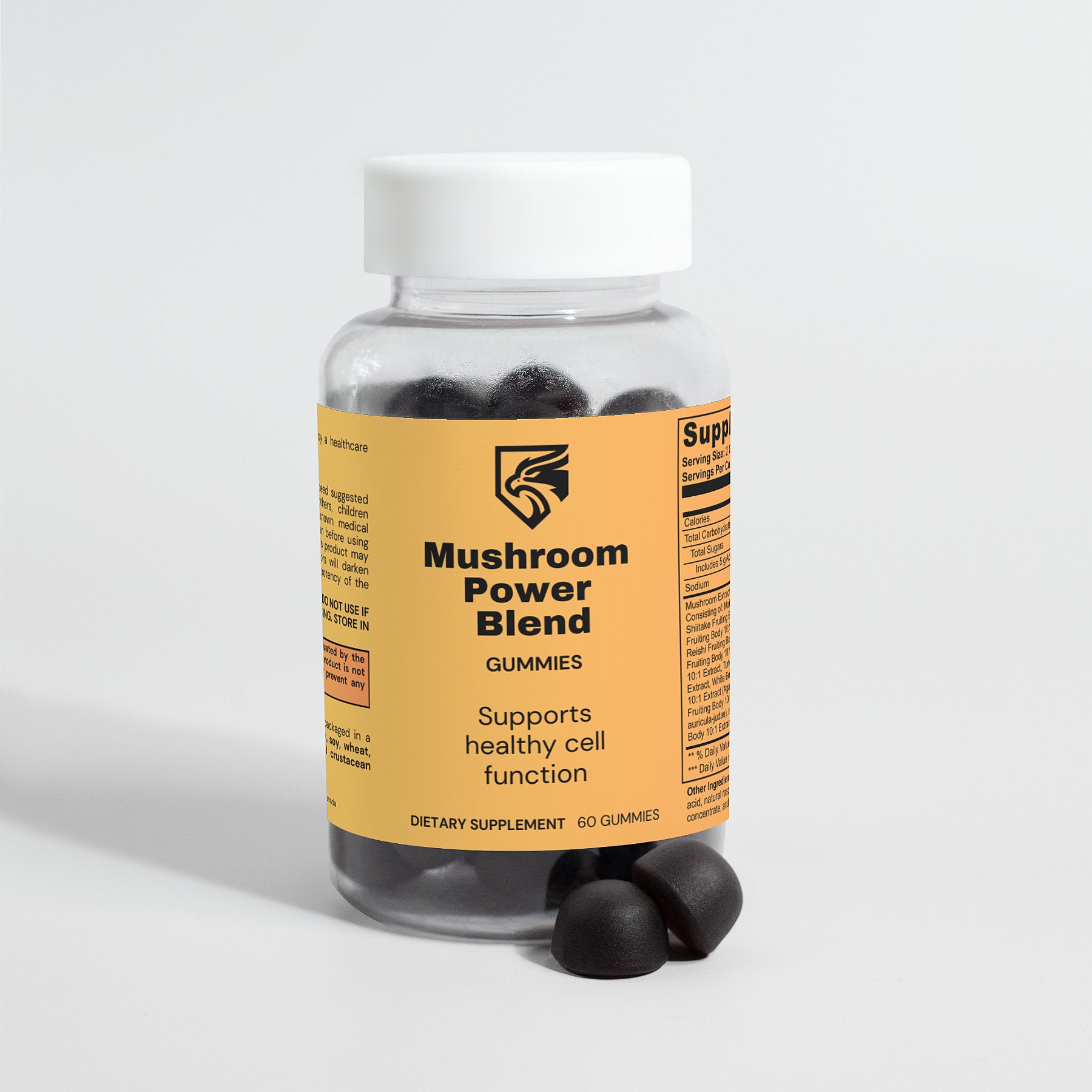Introduction: In the intricate dance of human biology, hormones play a pivotal role, influencing various aspects of our physical and mental well-being. Among these, testosterone holds a special place, often associated with masculinity, vitality, and strength. While its production is largely influenced by genetics and lifestyle factors, recent research suggests that the quality of our relationships may also have a significant impact on testosterone levels. In this article, we delve into the fascinating connection between interpersonal connections and hormonal balance, particularly focusing on how nurturing better relationships can enhance testosterone levels.
Understanding Testosterone: Before we explore the relationship between testosterone and relationships, it's essential to understand the hormone itself. Testosterone is primarily known as the male sex hormone, although it's present in both men and women, albeit in different quantities. It plays a crucial role in various bodily functions, including the development of secondary sexual characteristics, muscle mass, bone density, mood regulation, and libido.
The Role of Relationships: Human beings are inherently social creatures, and the quality of our relationships profoundly impacts our overall well-being. Whether it's friendships, romantic partnerships, or familial bonds, healthy connections provide emotional support, companionship, and a sense of belonging. But can these relationships also influence our hormonal balance, particularly testosterone levels?
Research Findings: Several studies have investigated the link between relationships and testosterone levels, yielding intriguing results. One such study published in the Journal of Personality and Social Psychology found that men in committed romantic relationships exhibited higher levels of testosterone compared to single men or those in casual relationships. This suggests that the emotional intimacy and stability provided by long-term partnerships may positively influence hormonal balance.
Similarly, research involving parents has shown that fathers who actively engage in caregiving tasks, such as feeding, bathing, and playing with their children, experience a temporary decrease in testosterone levels. While this might seem counterintuitive, it underscores the adaptive nature of human physiology, prioritizing nurturing behaviors over competitive aggression in the context of caregiving.
Furthermore, studies involving non-human primates have demonstrated that social status and dominance within social hierarchies can impact testosterone levels. In socially dominant individuals, testosterone levels tend to be higher, reflecting their elevated status and reproductive opportunities. However, the relationship between social dynamics and testosterone levels in humans is more complex and nuanced, influenced by various factors such as cultural norms, individual personality traits, and relationship dynamics.
Psychological Factors: Beyond the physiological aspects, the psychological dynamics of relationships also play a crucial role in shaping hormonal responses. Feelings of love, trust, and security associated with healthy relationships can reduce stress levels and promote emotional well-being, leading to a cascade of positive physiological effects, including optimized hormone production.
Conversely, strained or dysfunctional relationships characterized by conflict, mistrust, or loneliness can trigger chronic stress responses, leading to an imbalance in hormone levels, including testosterone. Chronic stress has been linked to reduced testosterone production, along with a myriad of other health issues, highlighting the importance of fostering supportive and nurturing relationships for hormonal harmony.
The Oxytocin Connection: Another hormone closely intertwined with relationship dynamics is oxytocin, often referred to as the "love hormone" or "bonding hormone." Oxytocin plays a central role in facilitating social bonding, trust, and empathy, particularly in romantic relationships and parent-child interactions. Interestingly, oxytocin and testosterone exhibit a complex interplay, with oxytocin promoting prosocial behaviors and emotional intimacy, while testosterone influences dominance and assertiveness.
Healthy relationships characterized by mutual trust, affection, and intimacy can stimulate the release of oxytocin, fostering feelings of closeness and connection. This, in turn, may modulate testosterone levels, promoting a balanced hormonal profile conducive to overall well-being.
Practical Implications: Understanding the relationship between interpersonal connections and hormonal balance has significant implications for individual health and relationship satisfaction. Cultivating healthy relationships based on communication, mutual respect, and emotional support can contribute to optimized hormonal function and overall vitality.
For couples, prioritizing quality time together, expressing appreciation and affection, and resolving conflicts constructively can nurture intimacy and strengthen the bond between partners. Similarly, for parents, actively engaging in caregiving activities and fostering a supportive family environment can promote emotional closeness and well-being for both parents and children.
Conclusion: In conclusion, the connection between relationships and testosterone levels highlights the intricate interplay between biology, psychology, and social dynamics. Nurturing healthy relationships characterized by emotional intimacy, trust, and support can positively influence hormonal balance, promoting vitality, and overall well-being.
By prioritizing the quality of our interpersonal connections and fostering environments of love and belonging, we not only enhance our own hormonal health but also contribute to the cultivation of happier, more fulfilling relationships. In the tapestry of human existence, the harmony between hormones and relationships is a vital thread, weaving together the fabric of our well-being and interconnectedness.







Leave a comment
All comments are moderated before being published.
This site is protected by hCaptcha and the hCaptcha Privacy Policy and Terms of Service apply.